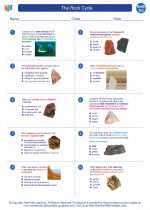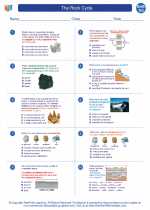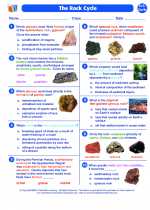Plant
Plants are living organisms that belong to the kingdom Plantae. They are characterized by their ability to photosynthesize, which means they can produce their own food using sunlight, water, and carbon dioxide. Plants play a crucial role in the Earth's ecosystems, providing oxygen, food, and habitat for other organisms.
Types of Plants
There are several major groups of plants, including:
- Non-vascular plants: These are small, simple plants that lack vascular tissues for transporting water and nutrients. Examples include mosses and liverworts.
- Vascular plants: These are larger, more complex plants that have vascular tissues. They can be further divided into two groups:
- Seedless vascular plants: These plants reproduce using spores and include ferns and horsetails.
- Seed plants: These plants reproduce using seeds and can be further subdivided into gymnosperms (e.g., conifers) and angiosperms (e.g., flowering plants).
Plant Structure
Plants have a variety of structures that enable them to carry out essential functions:
- Roots: Anchor the plant in the soil and absorb water and nutrients.
- Stems: Support the plant and transport water, nutrients, and sugars.
- Leaves: Carry out photosynthesis and exchange gases with the environment.
- Flowers: Reproductive structures that produce seeds and fruits.
Plant Life Cycle
Plants have a unique life cycle that involves alternation of generations, which includes both a haploid (n) and diploid (2n) phase. The key stages of the plant life cycle are:
- Germination: The growth of a new plant from a seed.
- Growth and development: The plant matures, produces flowers, and undergoes reproduction.
- Reproduction: Pollination, fertilization, and seed formation.
- Dispersal: Seeds are dispersed to new locations, enabling the growth of new plants.
Importance of Plants
Plants have significant ecological, economic, and cultural importance. They provide oxygen, food, medicine, and raw materials for various products. Additionally, they contribute to the regulation of the Earth's climate and are an integral part of many cultural and religious practices.
Study Guide
When studying plants, consider the following key points:
- Understand the process of photosynthesis and its importance to plants and other organisms.
- Learn the major groups of plants and their distinguishing characteristics.
- Study the structures and functions of plant parts, such as roots, stems, leaves, and flowers.
- Explore the plant life cycle, including germination, growth, reproduction, and dispersal of seeds.
- Consider the ecological, economic, and cultural significance of plants.
[Plant] Related Worksheets and Study Guides:
.◂Earth Science Worksheets and Study Guides High School. The Rock Cycle

 Worksheet/Answer key
Worksheet/Answer key
 Worksheet/Answer key
Worksheet/Answer key
 Worksheet/Answer key
Worksheet/Answer key
 Vocabulary/Answer key
Vocabulary/Answer key
 Vocabulary/Answer key
Vocabulary/Answer key
 Vocabulary/Answer key
Vocabulary/Answer key
